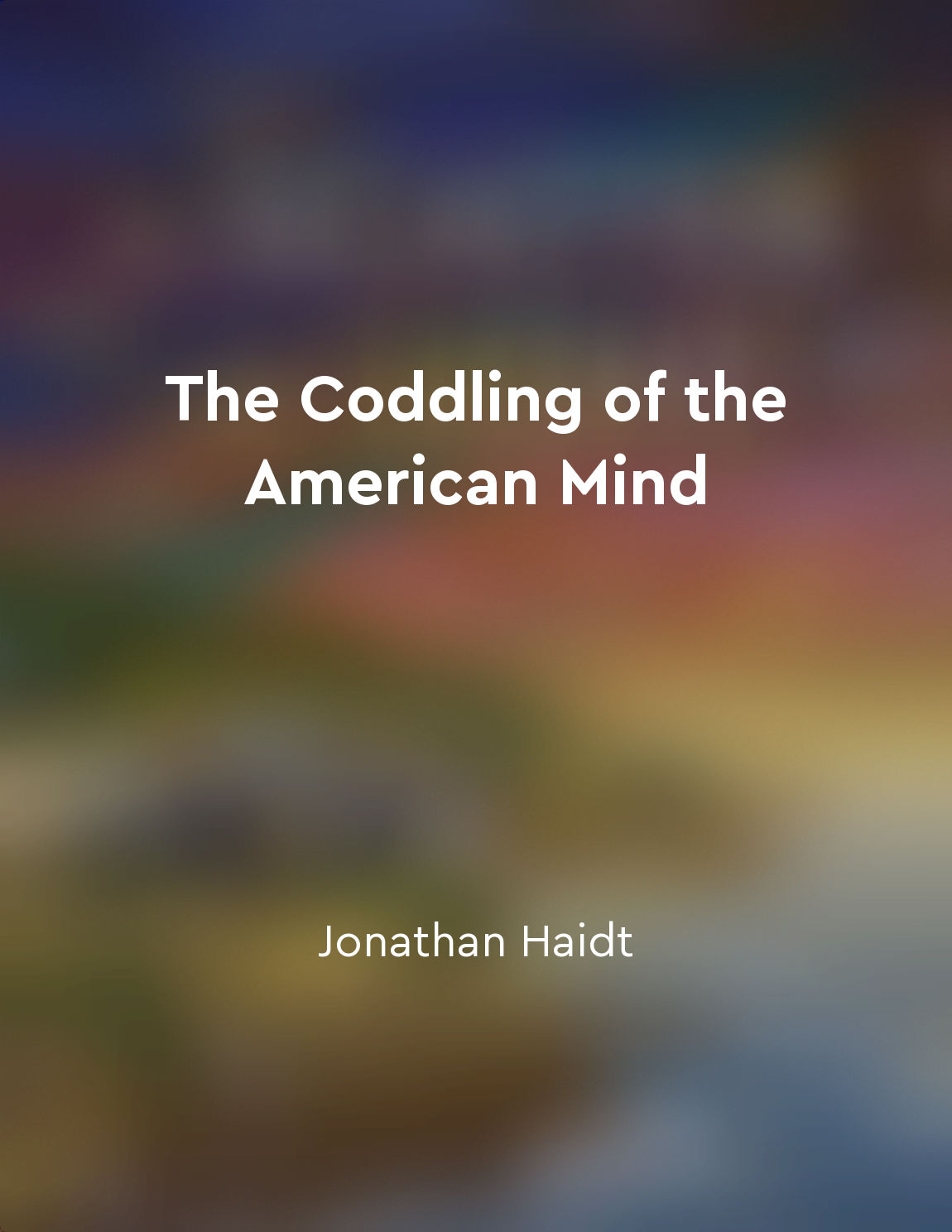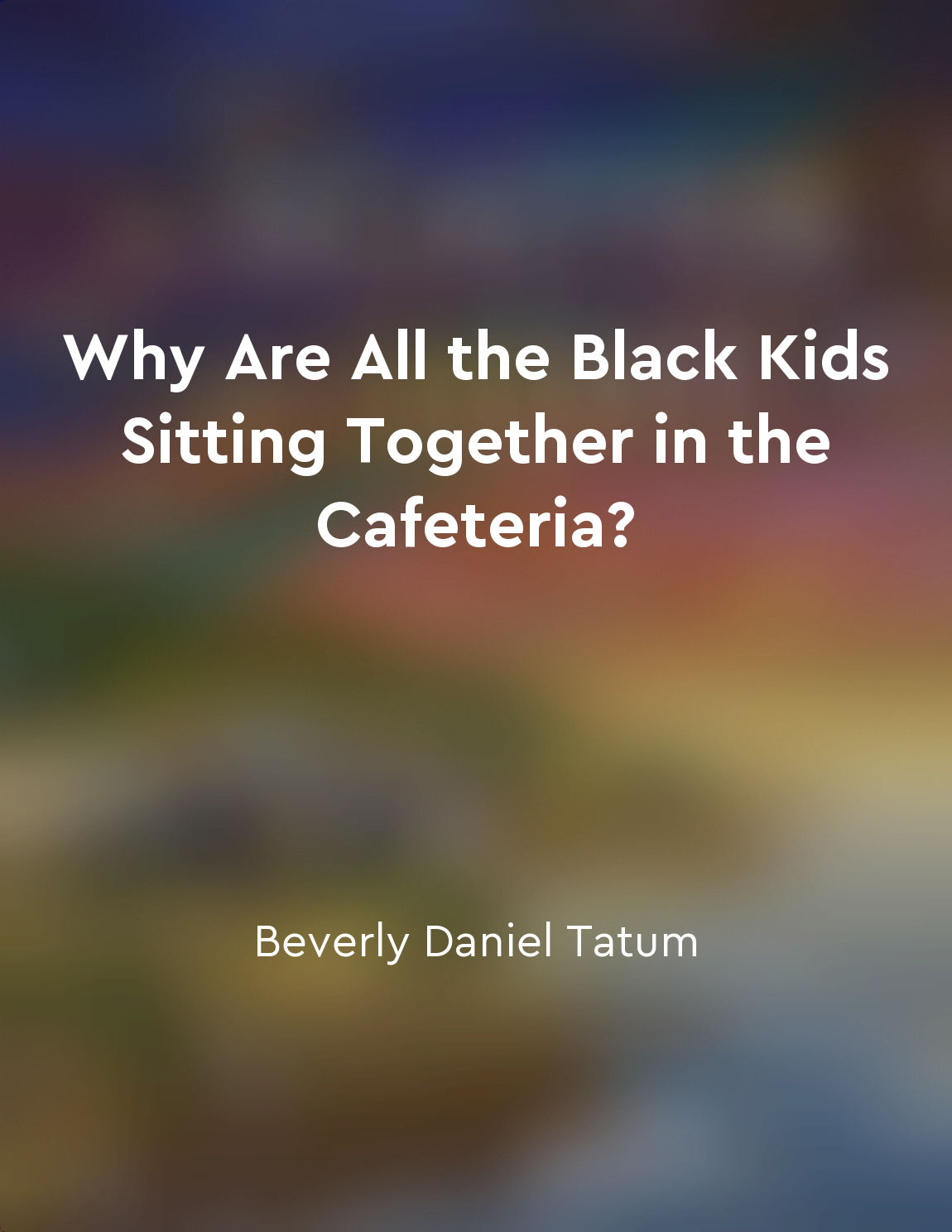Alienation from "summary" of The Disordered Cosmos by Chanda Prescod-Weinstein
Alienation is a concept that describes a state of being disconnected from oneself, from others, or from one's environment. It is a feeling of isolation and detachment that can arise from various sources, such as societal norms, cultural expectations, or personal experiences. In the context of science and academia, alienation can manifest in different ways, including through discrimination, exclusion, or marginalization. One way in which alienation can occur in the scientific community is through the perpetuation of harmful stereotypes and biases that marginalize certain groups of people. This can lead to underrepresentation of women, people of color, and other marginalized groups in scientific fields, creating a sense of alienation for those who do not fit the traditional image of a scientist. Additionally, the pressure to conform to dominant norms within the scientific community can result in a loss of personal identity and a feeling of not belonging. Another source of alienation in the scientific community is the lack of diversity and inclusion in research practices and methodologies. When certain voices and perspectives are excluded from scientific discourse, it can lead to a narrowing of scientific understanding and a perpetuation of biased or incomplete knowledge. This exclusion can also create a sense of alienation for those whose experiences and insights are not valued or considered in scientific discussions.- Alienation in the scientific community can have serious consequences for both individuals and the field as a whole. By recognizing and addressing the sources of alienation, we can work towards creating a more inclusive and equitable scientific community that values diversity and promotes a sense of belonging for all.
Similar Posts

Acknowledging the marginalized is a moral imperative
To ignore those who are marginalized in society is not simply a matter of turning a blind eye, but rather a profound ethical fa...
NCERT Solutions provide comprehensive explanations and practice questions
The NCERT Solutions for Science Class X are designed to offer students a thorough understanding of the concepts covered in the ...

Emotional reasoning can cloud judgment
When we allow our emotions to guide our thinking, we risk making decisions that are not based on logic or evidence. This phenom...
The Standard Model explains fundamental particles and forces
In our quest to understand the universe, scientists have developed the Standard Model, a comprehensive framework that seeks to ...

Encourage a mindset of continuous improvement
One of the most crucial aspects of fostering a culture of innovation and growth within your organization is instilling a mindse...
Support grassroots movements
It's easy to feel overwhelmed by the problems of the world. Sometimes we watch the news and wonder what can be done to create c...
Empowering students to become independent thinkers
The idea of empowering students to become independent thinkers is a fundamental principle in education. When students are able ...

Cultural competence is necessary for healthy interactions
Cultural competence is a crucial skill for navigating the complexities of a diverse society. It involves being able to understa...
Centering
Centering is a concept that arises from the field of critical race theory. In short, to center something is to make it the foca...
The role of the dissident is crucial
The dissident plays a crucial role in society, despite facing opposition and persecution from those in power. By standing up ag...

